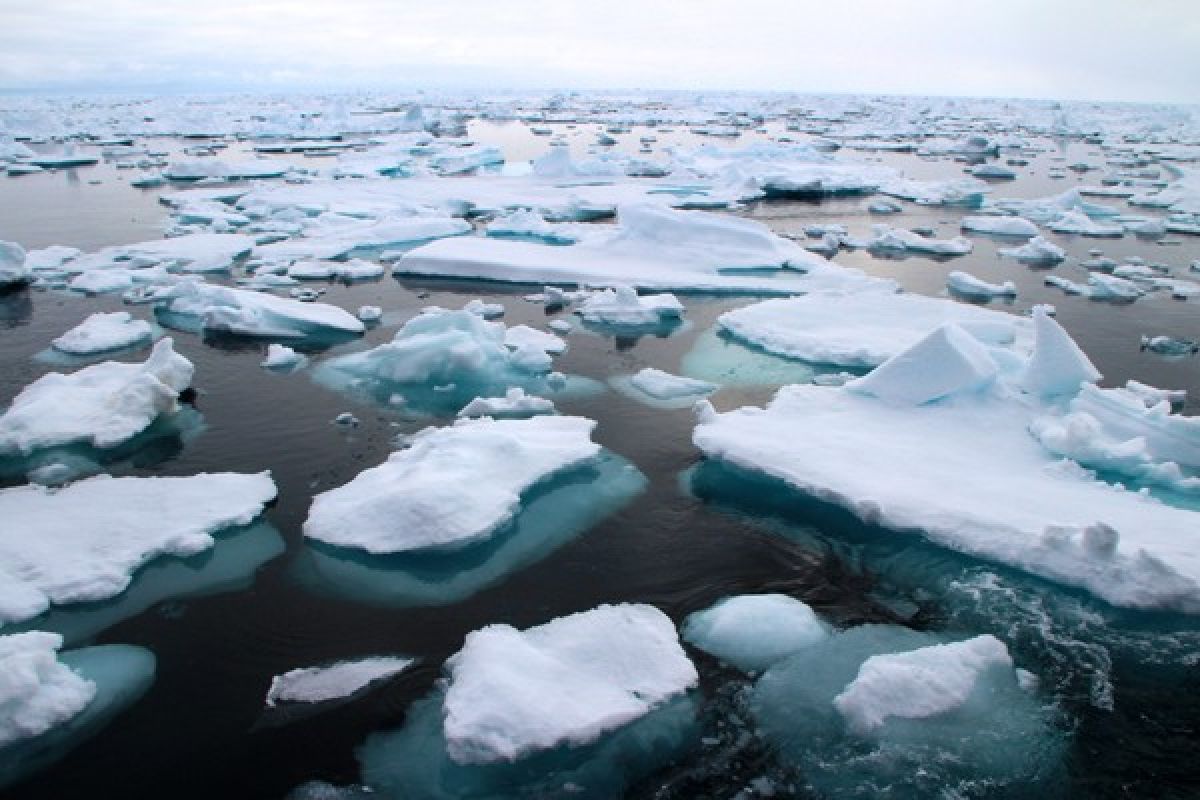This may have contributed to some recent extreme cold winter spells along the eastern seaboard of the United States, in eastern Asia, and at times over the UK."London (ANTARA News) - Warming in the Arctic appears to be exerting an influence on extreme cold winter weather in some parts of the world, according to a new study published online Wednesday (Oct. 26) in the journal Nature Climate Change.
The study, conducted by an international team of researchers, found that the cause of recent severe cold winters in places such as the eastern part of the United States and Britain, could be traced back to natural changes to the jet streams position, which was intensified by the warming in the Arctic.
The jet stream consists of ribbons of very strong winds which move weather systems around the globe. Jet streams are found nine to 16 km above the surface of the Earth, Xinhua News reported.
The position of a jet stream varies within the natural fluctuations of the environment. They are caused by the temperature difference between tropical air masses and polar air masses.
Previous studies have shown that more episodes of severe cold weather will plunge from the Arctic into the mid-latitudes, as the jet stream gets wavy.
"Weve always had years with wavy and not so wavy jet stream winds, but in the last one to two decades the warming Arctic could well have been amplifying the effects of the wavy patterns," said Professor Edward Hanna at University of Sheffield, in a press release from the university. Hanna is one of the authors of the study.
"This may have contributed to some recent extreme cold winter spells along the eastern seaboard of the United States, in eastern Asia, and at times over the UK," Hanna said.
Professor Hanna also noted that improving the ability to predict how climate change is affecting the jet stream will help to improve the long-term prediction of winter weather in some of the most highly populated regions of the world.
Editor: Priyambodo RH
Copyright © ANTARA 2016










